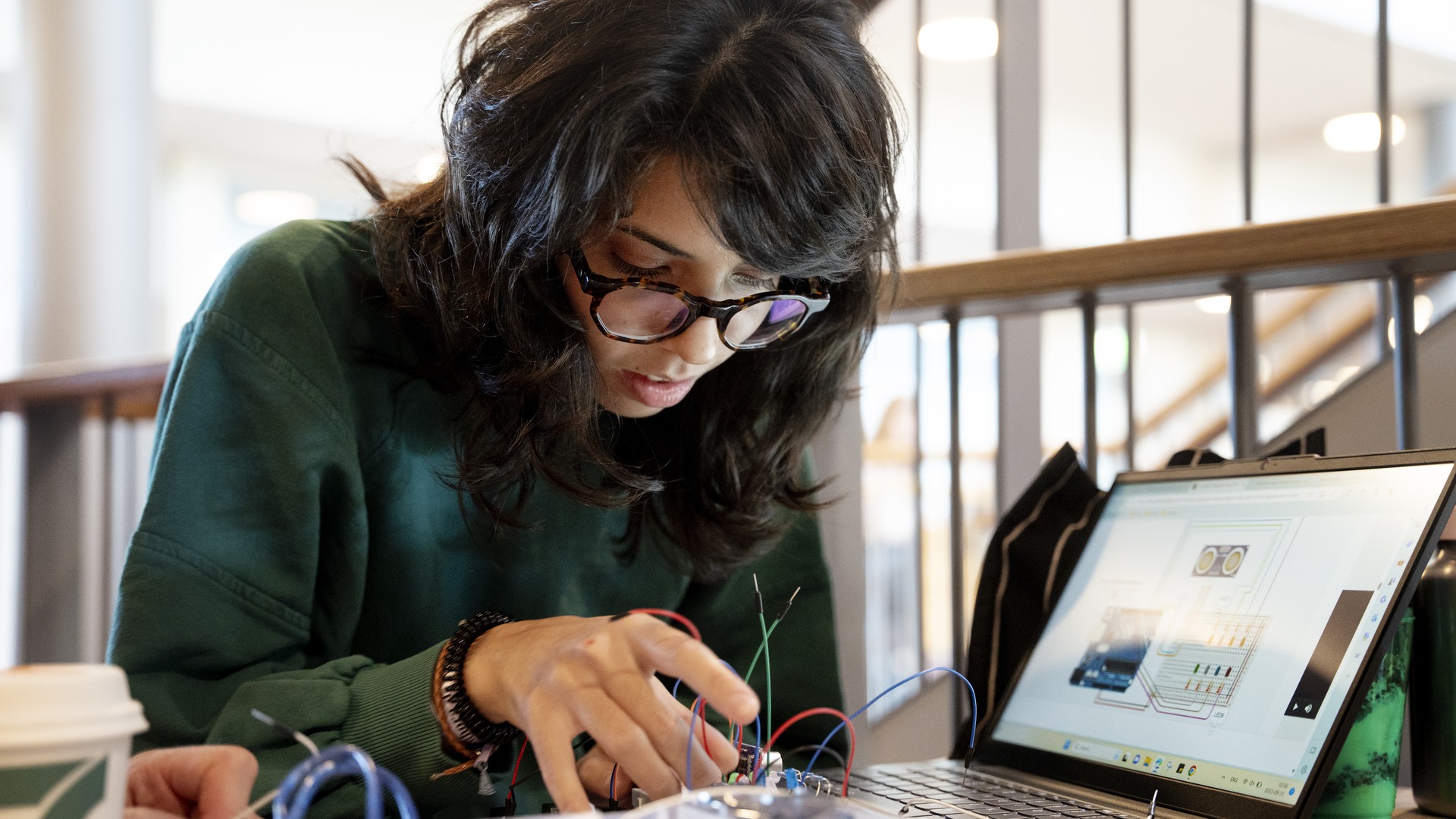EduSinglePage
About the course
The purpose of the course is for the student to master relevant research methodology for computer science, relate it to methods in other branches of computer science and deepen his or her ability to scientifically address research problems. The student should also be able to relate research and development issues to fundamental computational principles.
Course content
The aim of the course is for the student to acquire knowledge of research methodology in computer science. Furthermore, the aim is for the student to develop their ability to choose and critically reflect on different research designs in this field.
The course includes the following:
- Formulation of scientific problems and hypotheses
- The theoretical basis of computer science, including Turing machines, the Church-Turing hypothesis, the halting problem and complexity theory
- Selection and review of relevant literature
- Research methods relevant to computer science
- Approaches to selection and collection of data
- Data analysis, including statistical methods
- Oral and written presentation of research studies
- Research ethics
Entry requirements
1. Bachelor of Science (at least 180 higher education credits) in computer science or related subjects such as mathematics, informatics, telecommunications, electrical engineering, physics.
2. Knowledge equivalent to English 6 at Swedish upper secondary level.
3. At least 15 credits in programming.
4. At least 7.5 credits in mathematics.
Course literature
Current literature list is available in the syllabus for the course
Course evaluation
The University provides students who are taking or have completed a course with the opportunity to share their experiences of and opinions about the course in the form of a course evaluation that is arranged by the University. The University compiles the course evaluations and notifies the results and any decisions regarding actions brought about by the course evaluations. The results shall be kept available for the students. (HF 1:14).


